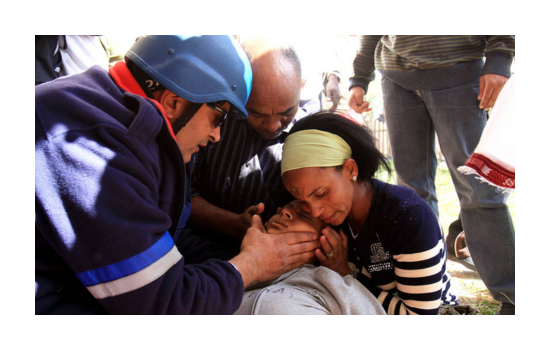Barbara Kay
National Post, Oct. 22, 2023
“It is hard to sorrow for those who only sorrow over themselves. It is difficult to pity the pitiless.”
From Anne Frank’s iconic “Diary of a Young Girl,” one quotation is especially prized: “It’s a wonder I haven’t abandoned all my ideals, they seem so absurd and impractical,” she wrote. “Yet I cling to them because I still believe, in spite of everything, that people are truly good at heart.” It’s a sweet sentiment, but wishful thinking, written before her exposure to the horrors of Bergen-Belsen, the concentration camp where she died.
There are rare born saints, but goodness or badness is largely a function of upbringing. In the Nazi scheme of things, Anne Frank was an “untermensch,” a lower form of life, vermin. Indeed, the Nazis presented the need for Jews to be eradicated as a hygiene issue. One feels no guilt in killing rats.
Such a view of “the other” is evil, and produces evil actions. As philosopher Jacob Howland observed in a recent Unherd article on the subject, “Evil has a way of disabling moral receptivity and short-circuiting intelligence,” which allows the demonic impulse to spread: through a family, a clan, a tribe or a political movement.
What constitutes “absolute evil”? Howland cites an example from Claude Lanzmann’s 1985 documentary, “Shoah” (Holocaust), a granular exploration of how tolerance for absolute evil can metastasize through an entire culture. Nazis threw live babies into fire pits, because “in this manner, the SS saved approximately two-fifths of a cent per child on Zyklon-B, the insecticide they used in the gas chambers.”
… [To read the full article, click here]


